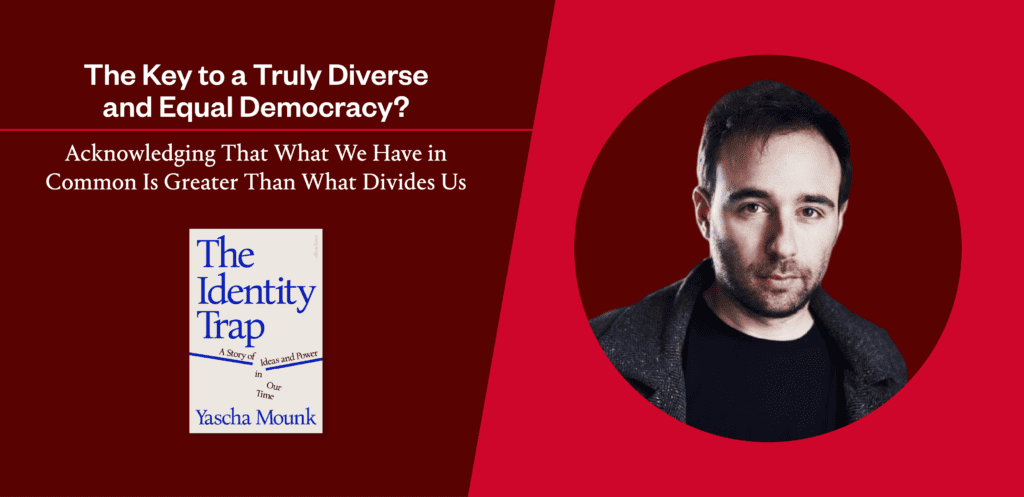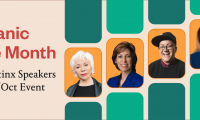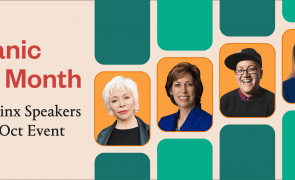The Identity Trap brings vital context to some of the most fraught and divisive debates of our time.Henry Louis Gates, Jr., Harvard’s Alphonse Fletcher University Professor
“Group identities will always be a part of a diverse democracy. That’s perfectly fine and perfectly healthy,” Yascha tells Lavin. But when we start to see those identities as the only thing that defines us—that’s when we fall into what the Johns Hopkins professor calls “the identity trap.” When we’re in this trap, we wall ourselves off in our own echo chambers, convincing ourselves that politics is an “us vs. them” game, and we lose our ability to meet in the middle and make progress together.
But there is a way out. In his urgent and timely new book, The Identity Trap, Yascha “proposes an alternative to the ceaseless combat between ‘woke’ and ‘anti-woke’ extremes—one that takes seriously the enduring malignant legacy of systemic discrimination yet correctly identifies that universal values, not group solidarity, offer the surest path to justice, fairness, and enduring social peace” (New York Times columnist David French).
In compelling talks, Yascha shows us how to get out of the identity trap and come together for a future where we aren’t defined solely by the groups we’re in, but rather by the tastes and quirks that truly make us unique. He offers strategies for promoting healthy discussion without falling into extremism on either end—for example, “engage the reasonable middle rather than the loud extremes”—and shares practical takeaways that can help us move forward together.
“To build a better society, we must overcome the prejudices and enmities that have for so much of human history boxed us into the roles seemingly foreordained by our gender, our sexual orientation, or the color of our skin,” Yascha says. “We should keep striving for a society in which categories like race, gender, and sexual orientation matter a lot less than they do now because what each of us can accomplish—and how we all treat each other—no longer depends on the groups into which we were born.”














